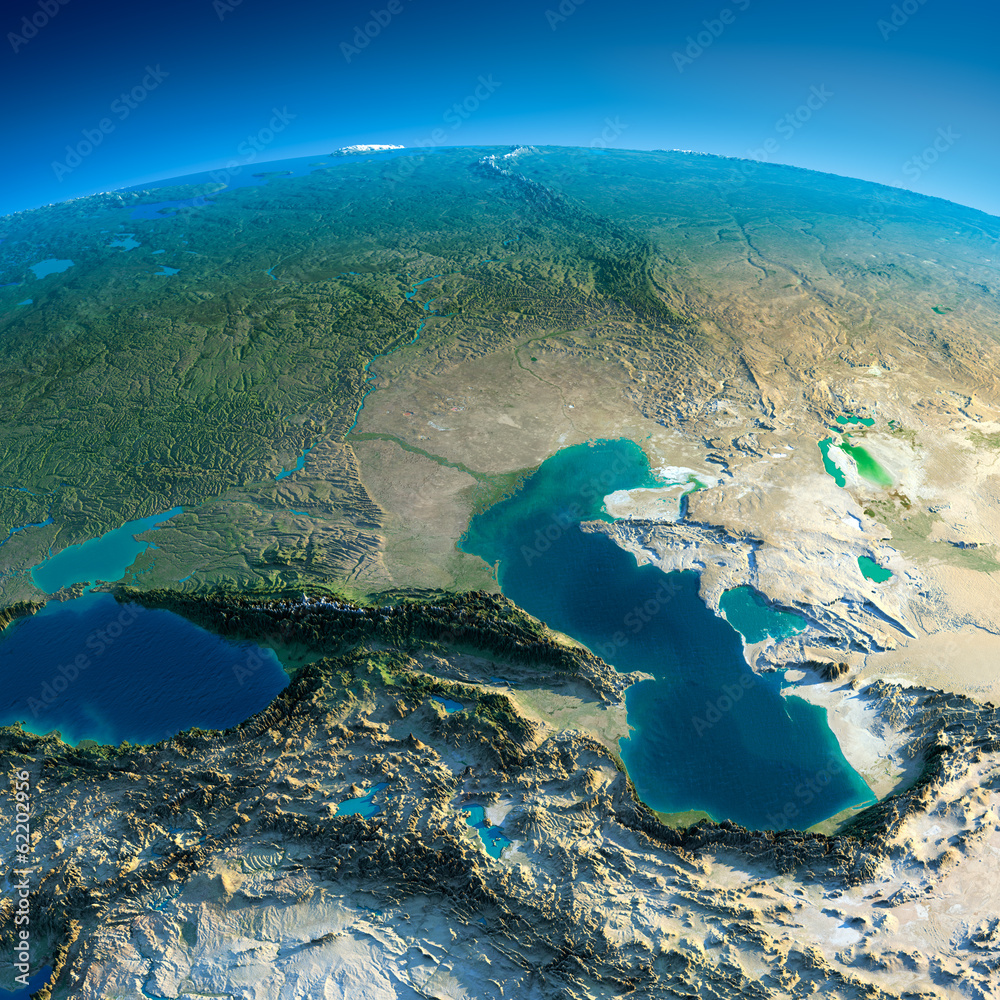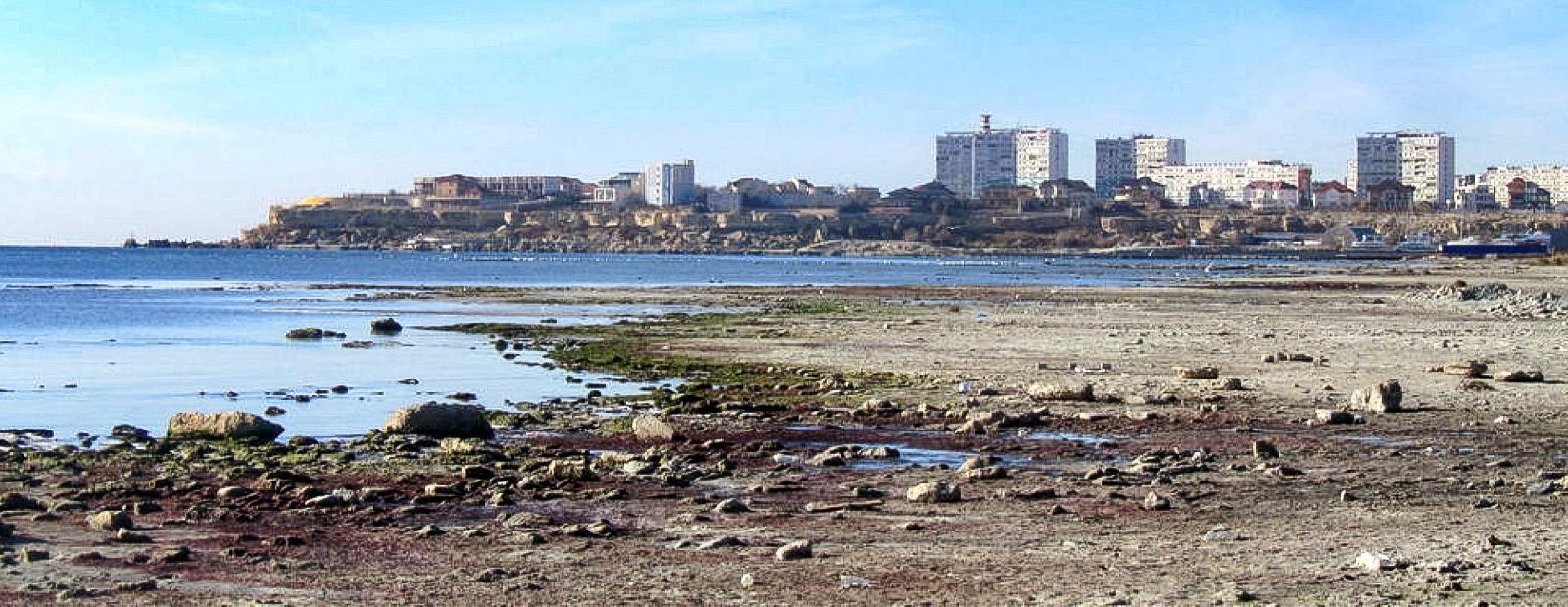The death of a thousand Caspian seals along the Kazakh coast this autumn has once again highlighted the fragility of the modern world.

This notion was a recurring theme throughout the conference titled "Caspian Sea and Sustainable Development: Environmental Protection." The forum brought together leading experts from Russia, Azerbaijan, Kazakhstan, Turkmenistan, and Iran.
For instance, Kazakh expert Kirill Osin believes that many troubles are directly linked to the shallowing of the Caspian Sea. Additionally, human activities, particularly in the oil and gas extraction sector, are impacting the habitat of wildlife.
This perspective was supported and elaborated upon by Vaghi Mammadov from the Institute of Geology and Geophysics of Azerbaijan, Executive Director of the State Support Agency for Non-Governmental Organizations of Azerbaijan Aigun Aliyeva, member of the republican parliament Azer Allahveranov, representative of the Public Council under the Ministry of Natural Resources of the Russian Federation, expert Alexey Kokorin, and other specialists.
According to their assessments, it is essential to enhance the protection of natural areas where seals typically haul out and to establish satellite monitoring to track water levels, especially in areas where females reside. Scientists need to meticulously trace the migration routes of seals escaping from shallowing waters and human disturbances.
For example, among the reasons for their deaths is poisoning from gases released from oil and gas fields beneath the Caspian Sea.
The conversation gained particular relevance as it took place in Baku during the 29th session of the Conference of the Parties to the United Nations Framework Convention on Climate Change, also known as COP29.
The Caspian has been and remains a strategic hub for a vast region, serving as a significant center of historical opportunities. Russia alone has a trade turnover with the Caspian countries of nearly $40 billion. This is far from the limit, especially in the context of the East-West and North-South transport corridors rapidly gaining momentum.
The riches of the Caspian include over 500 species of plants and 854 species of fish, of which about 30 have commercial importance: beluga, sturgeon, sterlet, and acipenser (accounting for approximately 90% of the world’s sturgeon reserves), as well as pike perch. Overall, around 400 biological species are endemics.
However, a significant threat looms over the sea. Over the past 20 years, the Caspian has been rapidly shallowing. The situation is particularly critical in the northern parts of the Caspian Sea, including the Russian and Kazakh sectors. The water area has shrunk by 23,000 square kilometers, and since 2011, the water level has dropped by 1.74 meters. This could lead, among other things, to the disappearance of northern Caspian waters, blockage of the Volga Delta, and loss of valuable fish species. A major city like Aktau, which relies on an atomic desalination plant for seawater, may be left without water.
Scientists argue that the shallowing of the Caspian is due to a drastic, threefold reduction in rainfall in the Volga region caused by climate changes. Additionally, the Turkmen bay of Karabogazgol has turned into a black hole, sitting four meters below sea level, where water flows away uncontrollably, evaporating over a vast area. However, this does not mean that nothing can be done and that we must simply resign ourselves to the "game of nature."
It is important to remember that 130 rivers flow into the Caspian Sea. Among them are the Volga, Ural, Terek, Kura, Darvagchai, Rubas, and others. The Volga alone receives an additional 2,600 rivers, including the Kama and Oka. Not everything is lost yet!
Clearly, the primary responsibility will fall on the "Caspian Five," but it is encouraging that Uzbekistan, Kyrgyzstan, and Tajikistan are joining in on addressing the issues facing the water body. These countries urgently need access to the sea and transport routes. Hence, their involvement in constructing new docks and warehouses along the Caspian coast, as well as in building highways and railroads toward the sea. Following the loss of the Aral Sea, public opinion in these nations has shifted dramatically— the Caspian remains their last hope.

We should also take into account the recent COP29 held in Baku. Important decisions were made there regarding the fight against warming, with the West partially committing to finance the expenses of developing countries in this area. Of course, this raises concerns about whether this is yet another sophisticated form of speculation aimed at promoting new technologies and extracting funds from traditional industries.